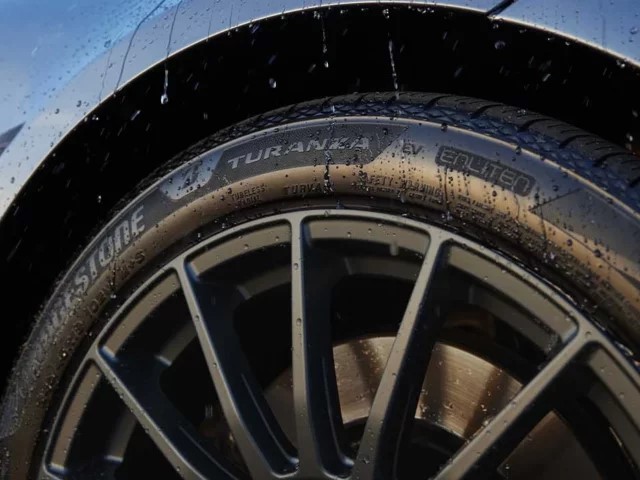In a significant move, Tesla has announced a recall of nearly 700,000 vehicles in the United States due to an issue with the tire pressure monitoring system (TPMS).
This recall impacts a range of models, including the 2024 Cybertruck, and 2017-2025 Model 3 and Model Y vehicles, marking the latest in a series of recalls for the electric vehicle (EV) manufacturer.
The TPMS Recall: A Potential Safety Concern
The issue arises from a malfunction in the tire pressure monitoring system, which fails to keep the TPMS warning light illuminated during drive cycles. As a result, drivers may not receive proper alerts if tire pressure drops below the recommended level.
Underinflated tires can compromise vehicle safety, affecting braking, handling, and increasing the risk of tire blowouts, especially at higher speeds.
The recall applies to a wide range of Tesla’s recent vehicle models, affecting roughly 700,000 units. Tesla, however, has emphasized that the issue can be addressed through a simple over-the-air software update, which will be rolled out to impacted vehicles in the coming months.
Impact on Tesla’s Reputation
While the recall is largely technical and can be fixed with a software update, it raises questions about Tesla’s quality control and its ability to maintain its reputation as a leader in innovation.
The automaker has faced several recalls this year, with previous issues such as a hood latch problem in July affecting 1.8 million vehicles, and a separate recall in February related to warning lights in more than 2.2 million cars.
Tesla’s ability to quickly deploy over-the-air updates has helped the company mitigate the impact of previous recalls, but this latest issue highlights the challenges of mass-producing highly complex vehicles with a global customer base.
With millions of vehicles on the road, Tesla’s ability to ensure safety and reliability will be under increased scrutiny from both consumers and regulators.
The Financial Implications
Recalls, while often resolved with software updates, can carry financial repercussions. Tesla may face fines or reputational damage as consumers question the reliability of its vehicles. However, the company’s ability to implement over-the-air fixes significantly reduces the potential cost of physical recalls, making it a less burdensome issue compared to traditional vehicle recalls.
On the other hand, the high volume of recalls in recent months could potentially raise concerns for investors, especially as Tesla navigates growing competition in the EV market.
The company’s market share remains strong, but as more automakers invest heavily in electric vehicle production, Tesla must continue to differentiate itself with both cutting-edge technology and an unwavering commitment to vehicle safety.
What This Means for Tesla’s Future
Despite the setback, Tesla remains a powerhouse in the electric vehicle industry. With its consistent innovations, massive production scale, and an expanding product lineup, the company is still positioned as a leader in the electric transportation space.
However, as Tesla continues to scale and add new models to its portfolio, ensuring that safety and quality are not compromised will be crucial in maintaining consumer trust.
The tire pressure monitoring system recall is yet another reminder that even industry leaders like Tesla must prioritize quality assurance as they strive to innovate.
Tesla’s quick response, however, with an over-the-air update, demonstrates the company’s commitment to customer safety and its ability to stay ahead of traditional recall methods.
As Tesla continues to dominate the EV sector, it must work to ensure that safety concerns are addressed promptly, balancing innovation with reliability to maintain its position as an automotive giant for years to come.
Conclusion
The recall of nearly 700,000 Tesla vehicles is a setback, but one that the company appears poised to handle with its over-the-air software update.
While the recall may affect consumer confidence temporarily, Tesla’s swift action and technological solutions show that the company is still at the forefront of automotive innovation.
However, as the market for electric vehicles grows more competitive, Tesla will need to continue focusing on both innovation and safety to secure its leadership in the rapidly changing automotive landscape.
Also Read
In-Depth review of the Tesla Model 3: A benchmark for electric sedans
GM halts Cruise operations: Shifting focus away from autonomous vehicles
